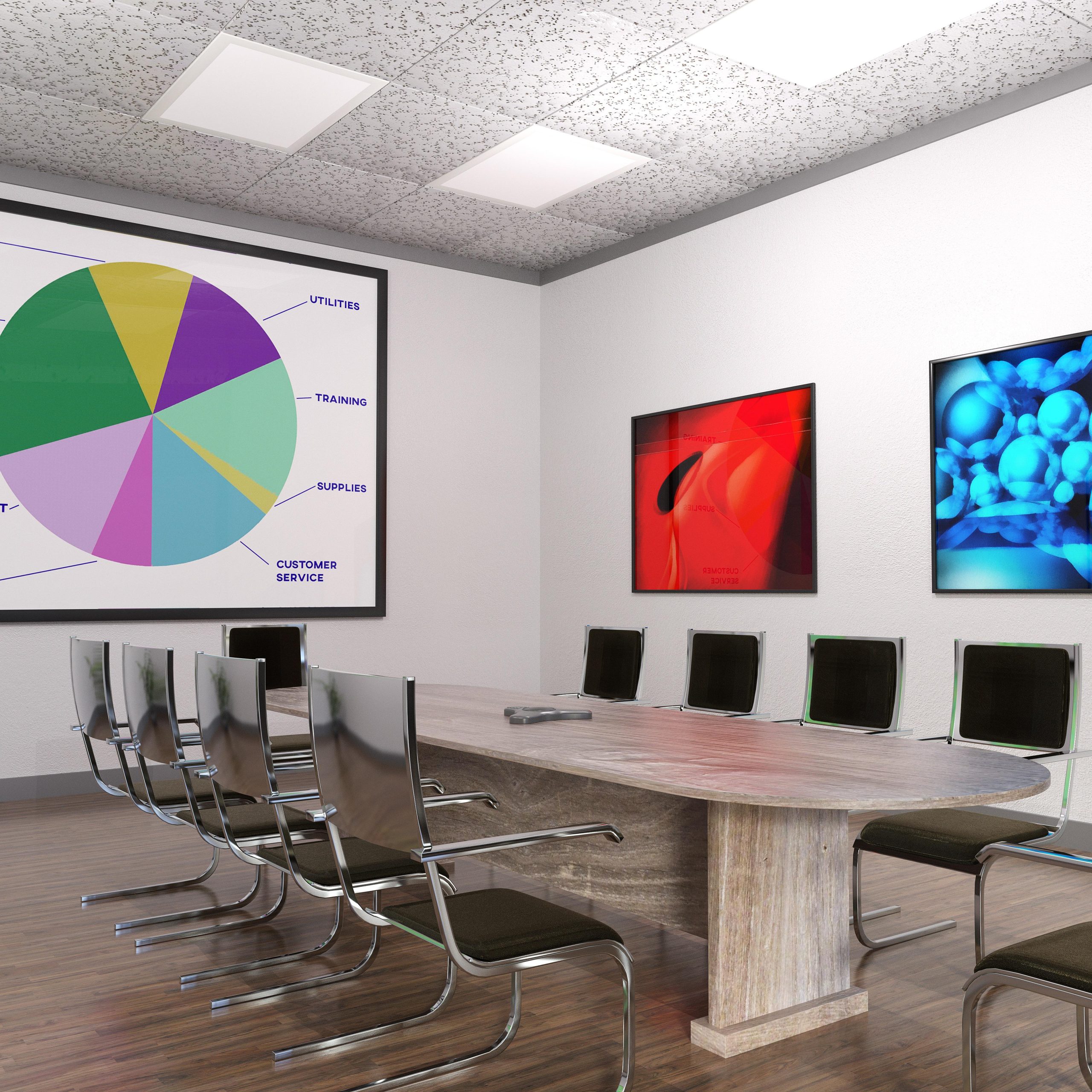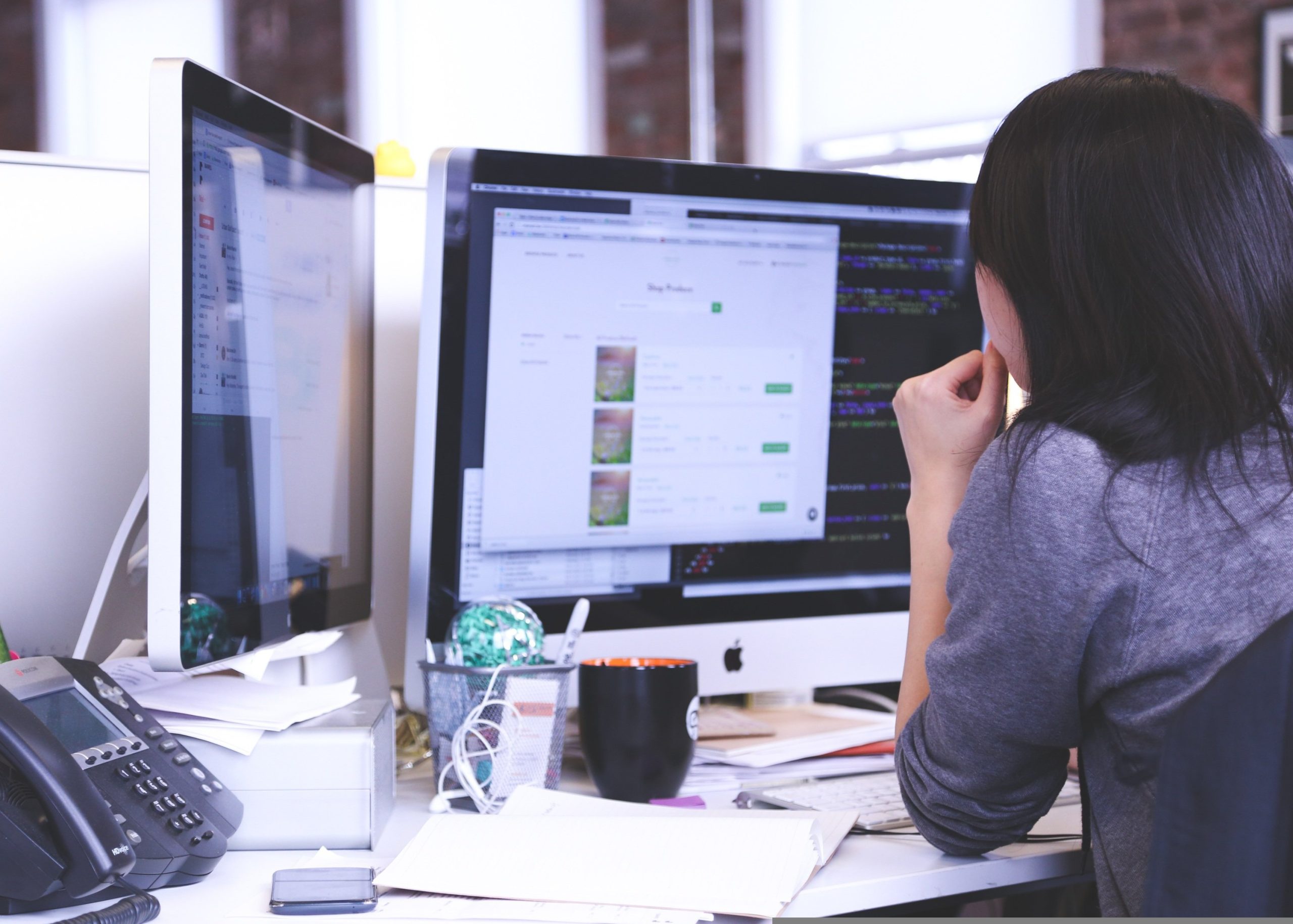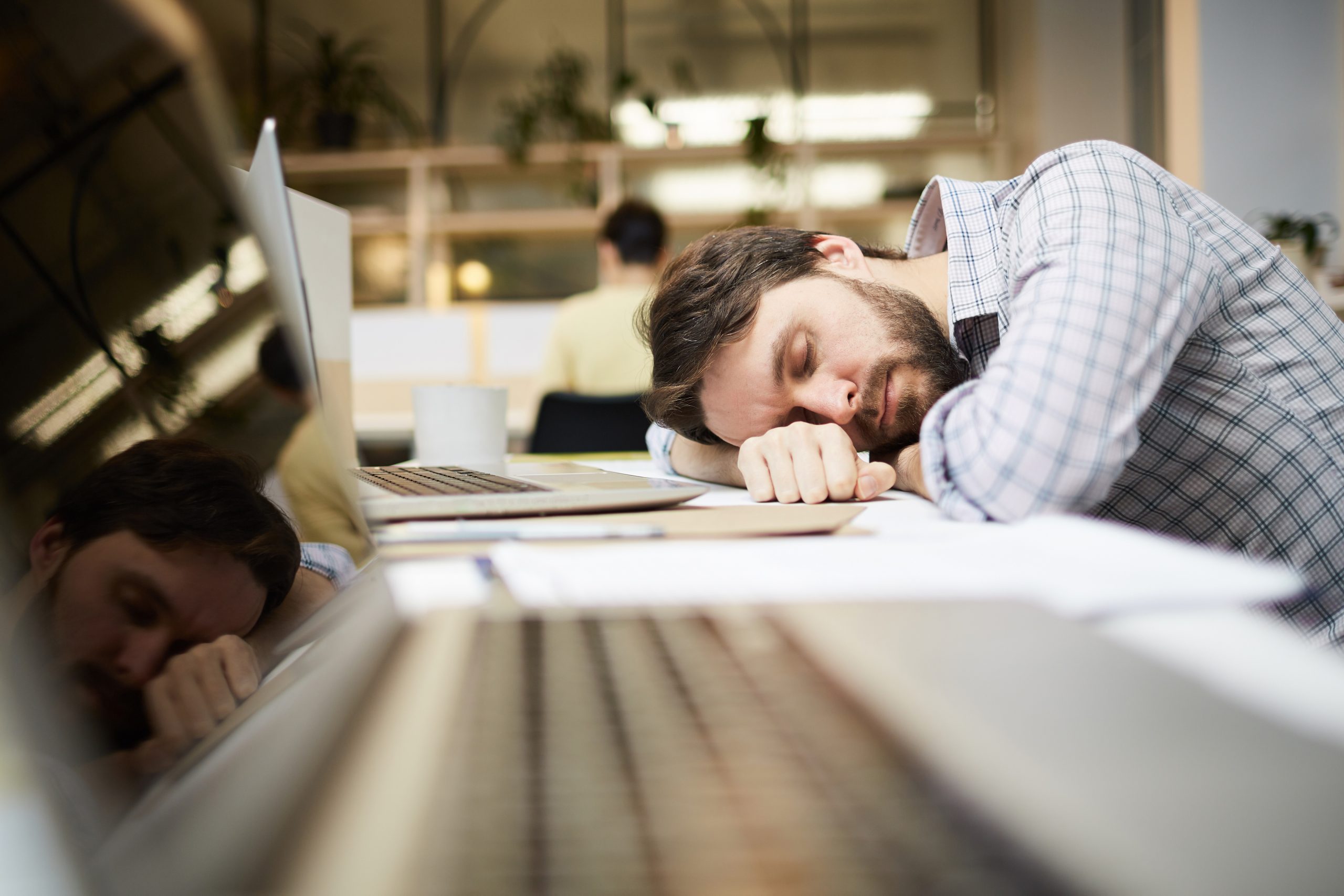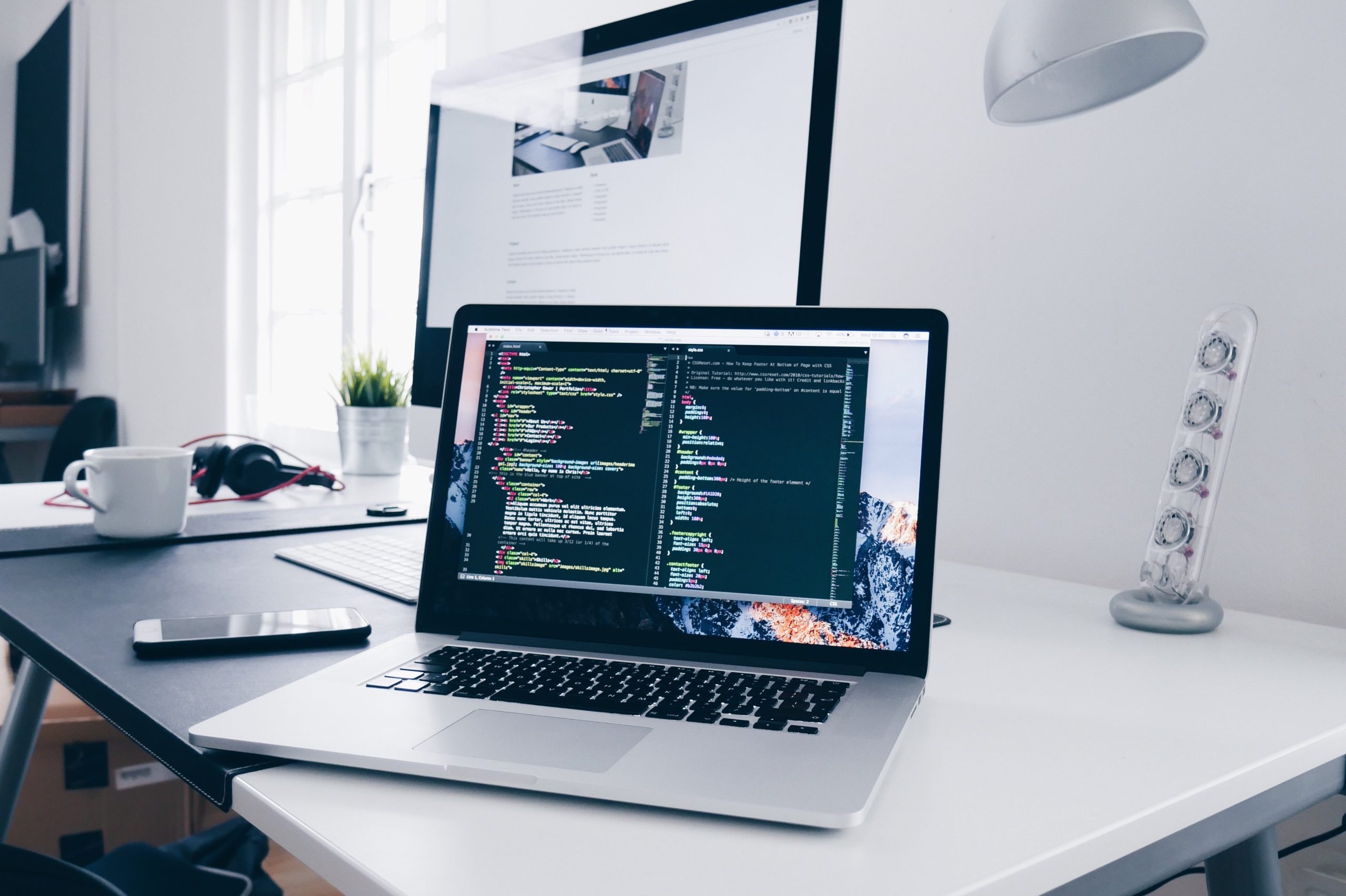Social media has transformed how we live, work, and connect. For many people, opening Instagram, TikTok, Facebook, or X (formerly Twitter) is as natural as making coffee in the morning. These platforms are no longer just tools for sharing photos or quick updates; they have become digital spaces where people build relationships, express opinions, discover news, and even shape their identity.
But while social media brings undeniable benefits, it also raises an important question: What is it doing to our mental health?
In this article, we’ll explore the positive and negative effects of social media on mental well-being, identify warning signs of unhealthy use, and share strategies to build a healthier relationship with these platforms.
Why Social Media Matters for Mental Health
Mental health is about how we think, feel, and behave in daily life. It shapes our resilience, our self-esteem, and our relationships. Because social media is woven into almost every part of modern living, it naturally influences our mental well-being—for better or worse.
The truth is: social media is not inherently good or bad. It’s a tool. Just like food or exercise, it can nourish or harm depending on how it’s used.
The Benefits of Social Media for Mental Health
Despite its critics, social media can positively influence mental health when used mindfully. Here are the main benefits:
1. Staying Connected Across Distances
Social media helps us keep in touch with loved ones, no matter where they are. For people living abroad or away from family, platforms like WhatsApp, Messenger, or Instagram reduce feelings of loneliness by bridging physical distance.
2. Finding Supportive Communities
One of the most powerful aspects of social media is the ability to find people who share your struggles or interests. Whether it’s a support group for anxiety, communities for chronic illness, or safe spaces for mental health discussions, online connections can provide comfort and reduce the feeling of being “alone.”
3. Learning and Inspiration
Motivational quotes, mindfulness tips, or educational videos can encourage personal growth. Campaigns like #MentalHealthAwareness spread information quickly, breaking down stigma and encouraging open conversations.
4. Entertainment and Stress Relief
Funny memes, engaging videos, or music clips can act as small doses of joy. For many, scrolling through lighthearted content is a way to relax after a long day.
👉 Takeaway: Social media can be uplifting, supportive, and informative—when used with intention.
The Risks of Social Media for Mental Health
Of course, the same platforms that help us connect can also create emotional strain. Overuse or unbalanced habits may lead to negative consequences such as stress, anxiety, or low self-esteem.
1. Social Comparison and Low Self-Esteem
It’s easy to compare yourself to carefully curated highlights of others’ lives. Seeing perfect vacations, ideal bodies, or success stories can trigger feelings of inadequacy, especially if you’re already feeling vulnerable.
2. Fear of Missing Out (FOMO)
Seeing peers at parties, traveling, or achieving milestones can create anxiety about being “left behind.” This pressure often drives people to spend even more time online, worsening the cycle.
3. Addiction and Overuse
Social media is designed to be addictive. Endless scrolling, notifications, and algorithm-driven feeds keep users hooked. Hours can slip by, disrupting sleep patterns, concentration, and productivity.
4. Cyberbullying and Toxic Interactions
Negative comments, trolling, and harassment can have a deep emotional impact. Teenagers and young adults are especially vulnerable to the damaging effects of online bullying.
5. Doomscrolling and Anxiety
Constant exposure to bad news—wars, disasters, economic crises—can lead to “doomscrolling.” This habit increases feelings of anxiety and helplessness.
👉 Takeaway: Without boundaries, social media can amplify stress, harm confidence, and worsen symptoms of anxiety or depression.
Signs Social Media Might Be Affecting Your Mental Health
Not sure if your online habits are harmful? Here are red flags to watch out for:
- Feeling anxious or drained after scrolling
- Frequently comparing yourself to others
- Struggling to sleep due to late-night screen use
- Lower focus and productivity at work or school
- Constant urge to check notifications
- Feeling left out, sad, or insecure after seeing posts
Recognizing these patterns is the first step toward change.
How to Build a Healthier Relationship with Social Media
The good news is you don’t have to quit social media altogether. Instead, focus on balance and intention. Here are practical strategies:
1. Set Time Limits
Use tools like Screen Time (iOS) or Digital Wellbeing (Android) to manage daily usage. Even cutting back by 30 minutes can improve focus and mood.
2. Curate Your Feed
Unfollow accounts that trigger negativity or comparison. Follow creators who share positive, educational, or inspiring content.
3. Be Mindful of News Consumption
Limit exposure to constant news updates. Take breaks if the information feels overwhelming.
4. Prioritize Real-Life Connections
Don’t let online interactions replace offline relationships. Spending quality time with friends or family in person strengthens mental health more than likes or comments ever could.
5. Try Digital Detoxes
Take a short break from social media—a day, a weekend, or even longer. Many people report feeling more focused, calmer, and refreshed afterward.
6. Use Social Media With Purpose
Ask yourself: Why am I opening this app right now? If the answer is just “to kill time,” try replacing scrolling with a healthier habit—like reading, walking, or journaling.
How Platforms Are Responding
Social media companies are slowly recognizing their impact on mental health:
- Instagram now lets users hide like counts to reduce comparison pressure.
- TikTok sends screen time reminders if users scroll for too long.
- YouTube and Twitter/X provide wellness tools and “take a break” reminders.
While these are positive steps, critics argue platforms still prioritize engagement over well-being. Users and regulators continue to push for more responsibility and transparency.
Generational Differences in Social Media Use
The effects of social media vary by age group:
- Teenagers: More vulnerable to peer pressure, bullying, and comparison.
- Young Adults: Heavy users, but also benefit most from career and networking opportunities.
- Older Adults: Often use social media to reconnect with old friends, reducing loneliness.
Understanding these differences helps create healthier, age-appropriate digital habits.
Other Articles :
How to Balance Learning and Working: Time Management Tips
Learning from Mistakes: Why Failure Is the Key to Success




